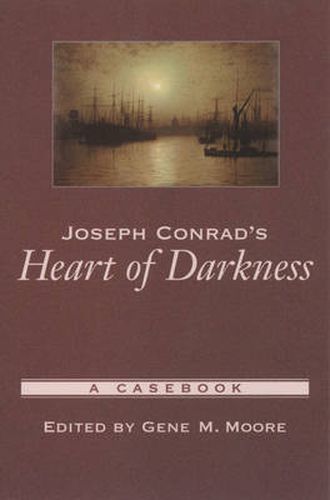Readings Newsletter
Become a Readings Member to make your shopping experience even easier.
Sign in or sign up for free!
You’re not far away from qualifying for FREE standard shipping within Australia
You’ve qualified for FREE standard shipping within Australia
The cart is loading…






Heart of Darkness, Joseph Conrad’s fictional account of a journey up the Congo river in 1890, raises important questions about colonialism and narrative theory. This casebook contains materials relevant to a deeper understanding of the origins and reception of this controversial text, including Conrad’s own story An Outpost of Progress, together with a little-known memoir by one of Conrad’s oldest English friends, a brief history of the Congo Free State by Sir Arthur Conan Doyle, and a parody of Conrad by Max Beerbohm. A wide range of theoretical approaches are also represented, examining Conrad’s text in terms of cultural, historical, textual, stylistic, narratological, post-colonial, feminist, and reader-response criticism. The volume concludes with an interview in which Conrad compares his adventures on the Congo with Mark Twain’s experiences as a Mississippi pilot.
$9.00 standard shipping within Australia
FREE standard shipping within Australia for orders over $100.00
Express & International shipping calculated at checkout
Heart of Darkness, Joseph Conrad’s fictional account of a journey up the Congo river in 1890, raises important questions about colonialism and narrative theory. This casebook contains materials relevant to a deeper understanding of the origins and reception of this controversial text, including Conrad’s own story An Outpost of Progress, together with a little-known memoir by one of Conrad’s oldest English friends, a brief history of the Congo Free State by Sir Arthur Conan Doyle, and a parody of Conrad by Max Beerbohm. A wide range of theoretical approaches are also represented, examining Conrad’s text in terms of cultural, historical, textual, stylistic, narratological, post-colonial, feminist, and reader-response criticism. The volume concludes with an interview in which Conrad compares his adventures on the Congo with Mark Twain’s experiences as a Mississippi pilot.